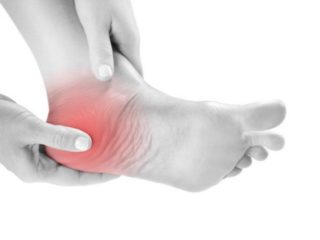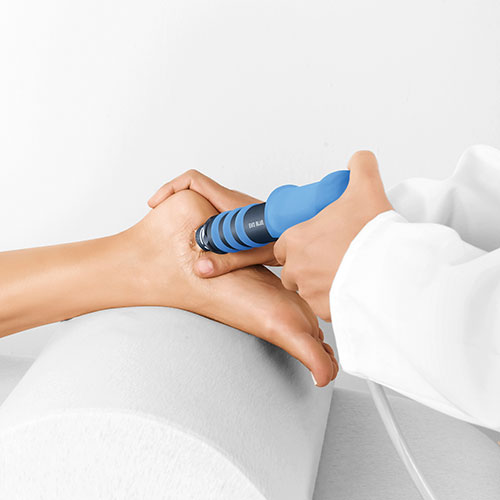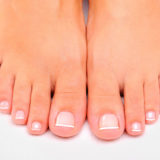Heel Pain/Heel Spur, Causes, Prevention, and Treatments
The Problem
Heel pain usually builds up gradually and gets worse over time. The pain is often severe and occurs when you place weight on your heel.
In most cases, only one heel is affected, although estimates suggest that around a third of people have pain in both heels.
The pain is usually worse first thing in the morning, or when you first take a step after a period of inactivity. Walking usually improves the pain, but it often gets worse again after walking or standing for a long time.
Some people may limp or develop an abnormal walking style as they try to avoid placing weight on the affected heel.

Heel pain is most often caused by plantar fasciitis, a condition that is sometimes also called heel spur syndrome when a spur is present. Heel pain may also be due to other causes, such as a stress fracture, tendonitis, arthritis, nerve irritation or, rarely, a cyst.
Because there are several potential causes, it is important to have heel pain properly diagnosed. A podiatrist (foot problems specialist) is able to distinguish between all the possibilities and to determine the underlying source of your heel pain.
Dr. foot offers both noninvasive and invasive treatment for heel pain
Nonsurgical Treatment
Treatment of plantar fasciitis begins with first-line strategies, which you can begin at home:
- Stretching exercises. Exercises that stretch out the calf muscles help ease pain and assist with recovery.
- Avoid going barefoot. When you walk without shoes, you put undue strain and stress on your plantar fascia.
- pain relief – using an icepack on the affected heel and taking painkillers, such as non-steroidal anti-inflammatory drugs (NSAIDs)
- Limit activities. Cut down on extended physical activities to give your heel a rest.
- Shoe modifications. Wearing supportive shoes that have good arch support and a slightly raised heel reduces stress on the plantar fascia.
- Oral nonsteroidal anti-inflammatory drugs (NSAIDs), such as ibuprofen, may be recommended to reduce pain and inflammation.
If you still have pain after several weeks, it’s better to visit your podiatrist, who may add one or more of these treatment approaches:
- Padding, taping and strapping. Placing pads in the shoe softens the impact of walking. Taping and strapping help support the foot and reduce strain on the fascia.
- Orthotic devices. Custom orthotic devices that fit into your shoe help correct the underlying structural abnormalities causing the plantar fasciitis.
- Injection therapy. In some cases, corticosteroid injections are used to help reduce the inflammation and relieve pain.
- Removable walking cast. A removable walking cast may be used to keep your foot immobile for a few weeks to allow it to rest and heal.
- Night splint. Wearing a night splint allows you to maintain an extended stretch of the plantar fascia while sleeping. This may help reduce the morning pain experienced by some patients.
- Physical therapy. Exercises and other physical therapy measures may be used to help provide relief.

- Low-level laser therapy (LLLT). Low-level laser therapy has demonstrated some early promising results for the treatment of acute and chronic pain.
- Shockwave therapy. Shockwave therapy is the latest technology used to treat heel pain, available at Dr. Foot Clinic. It is a gentle yet effective treatment for heel pain and can reduce the tenderness of soft tissue injuries in just a few days.
Invasive Treatment
If the heel pain persists your foot doctor may suggest surgery. Most surgical procedures are aimed at detaching the plantar fascial ligament from its attachment into the heel bone. This may be accomplished with a small incision on the bottom of the heel or on the side of the heel.


